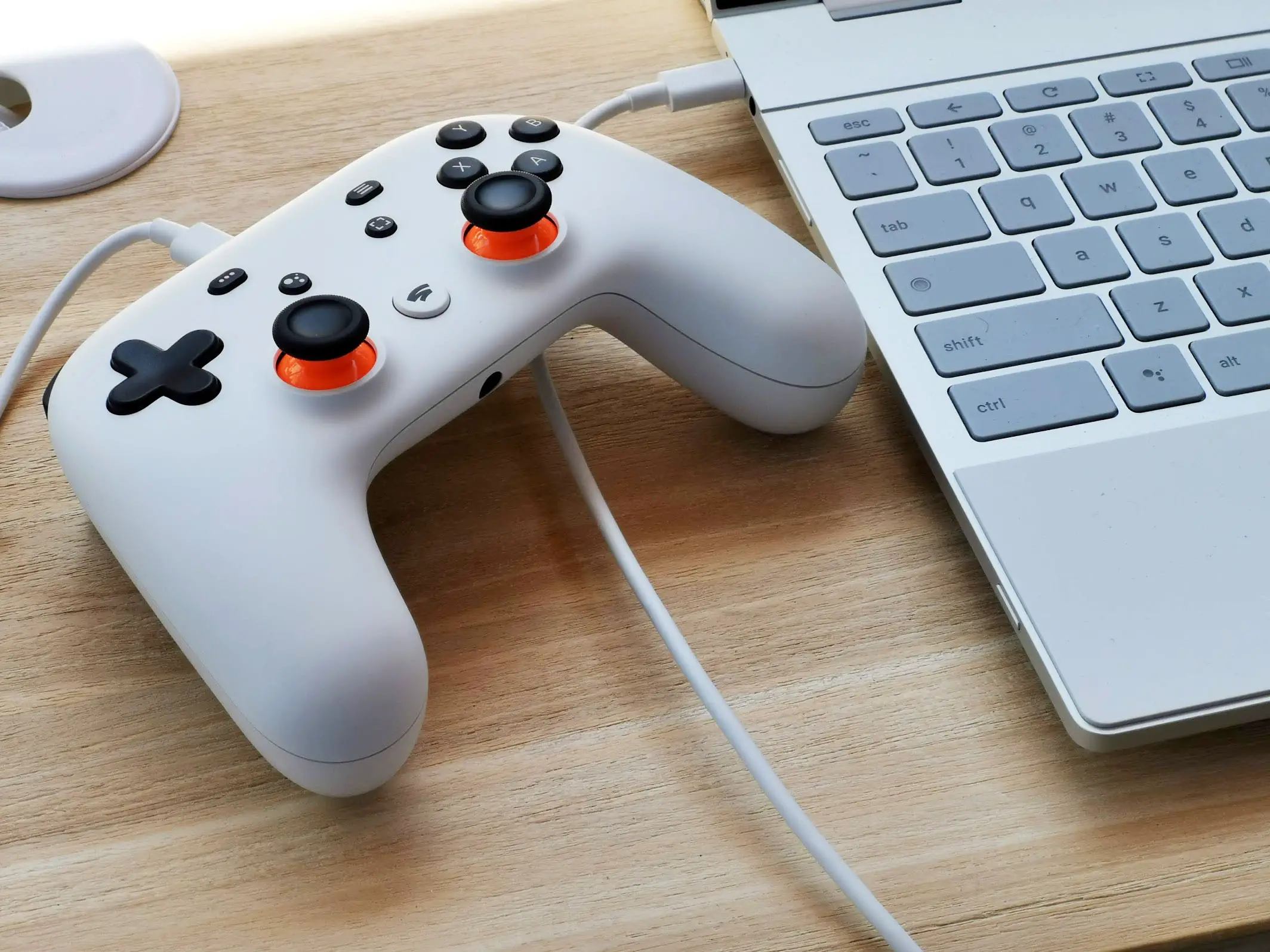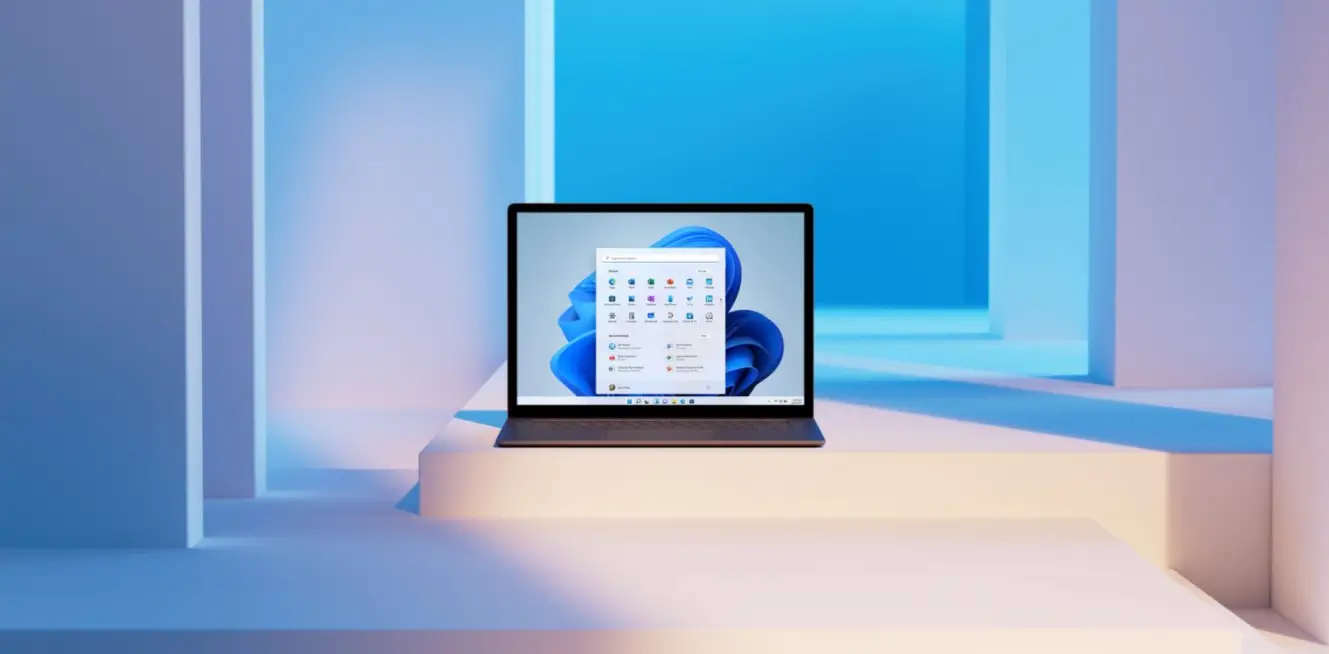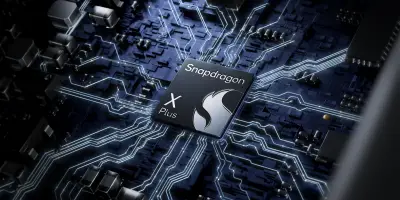Google Stadia is looking to take on home console gaming by using streaming rather than local processing power. With Stadia, your game will be run and processed on hardware in server farms. This data will then be streamed to your device, where you can interact with it. The amazing thing is that you won’t need powerful hardware as long as you have a solid internet connection.
However, this is a tough task because Google is working with a major disadvantage compared to home consoles. With the game data being streamed to you, and your controls and actions being streamed back, there will be a delay. The amount of delay will depend on the capabilities of Stadia servers as well as your internet connection, but latency is unavoidable. It’s all about how manageable it is.
To help with managing this lag, Google will eventually use machine learning to create “negative latency.” This software will predict your movements, which will reduce that lag because Stadia will already have your next move loaded up and ready to go. Not only will this reduce lag, it will allow more bandwidth to be used for higher framerate.
This feature is quite a ways out, but VP of engineering Madj Bakar believes that with this and other improvements, Stadia will be faster and more responsive than local gaming within just a year or two. With internet connections getting faster and cloud computing getting stronger, it’s not hard to imagine that this really will be the case. 4K 60 FPS gaming on nothing more than a Chromecast sure does sound like an exciting proposition.
Source: PCGamesN












Comments